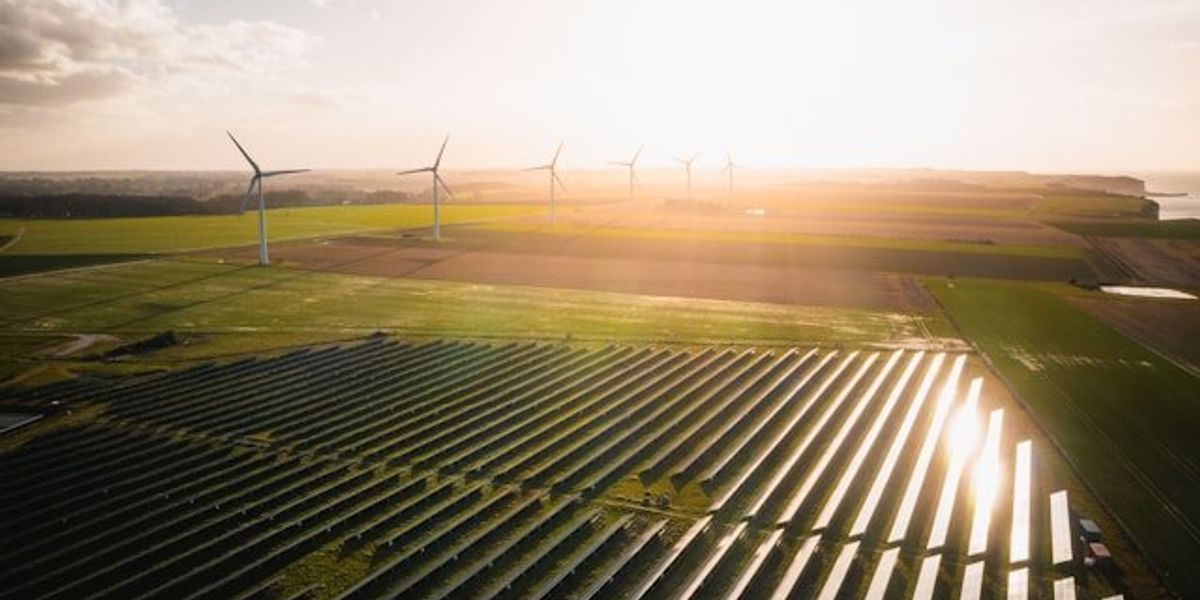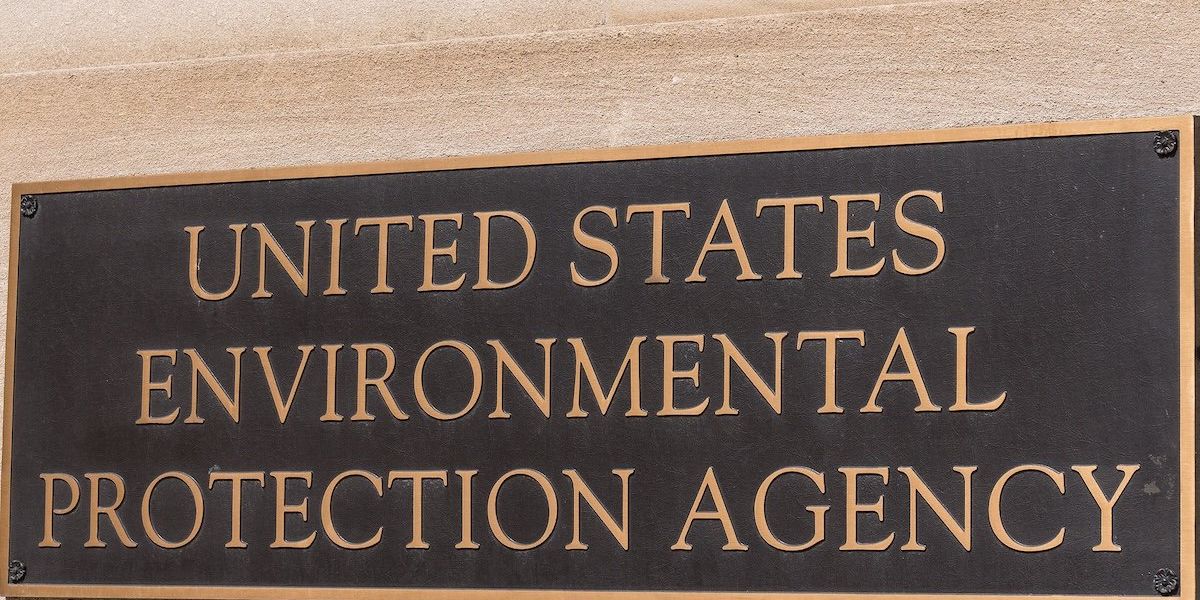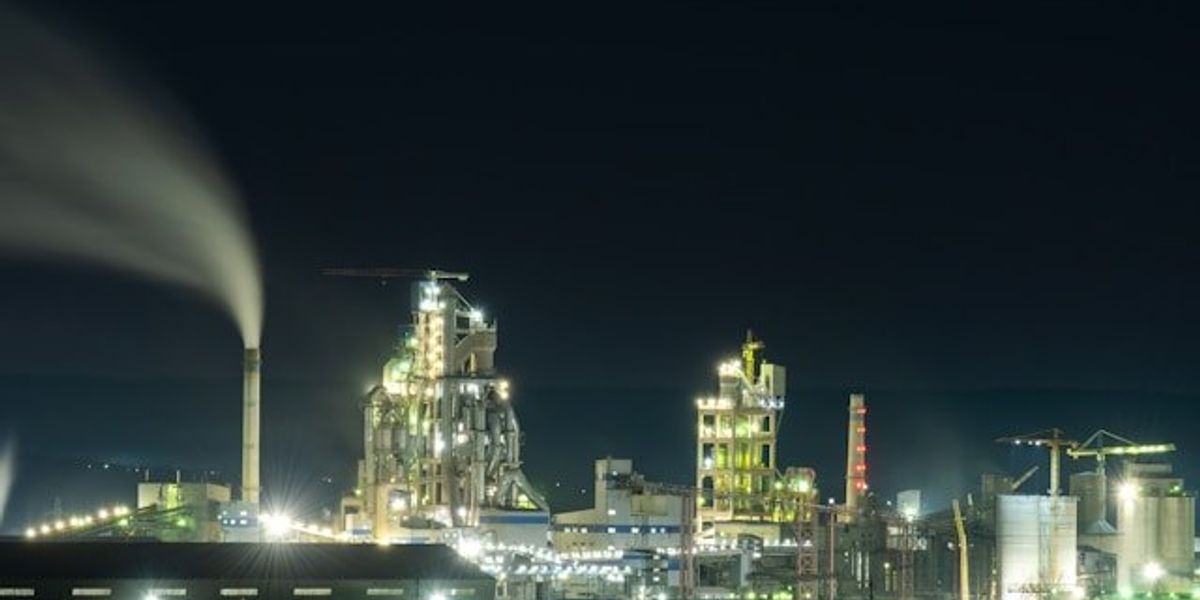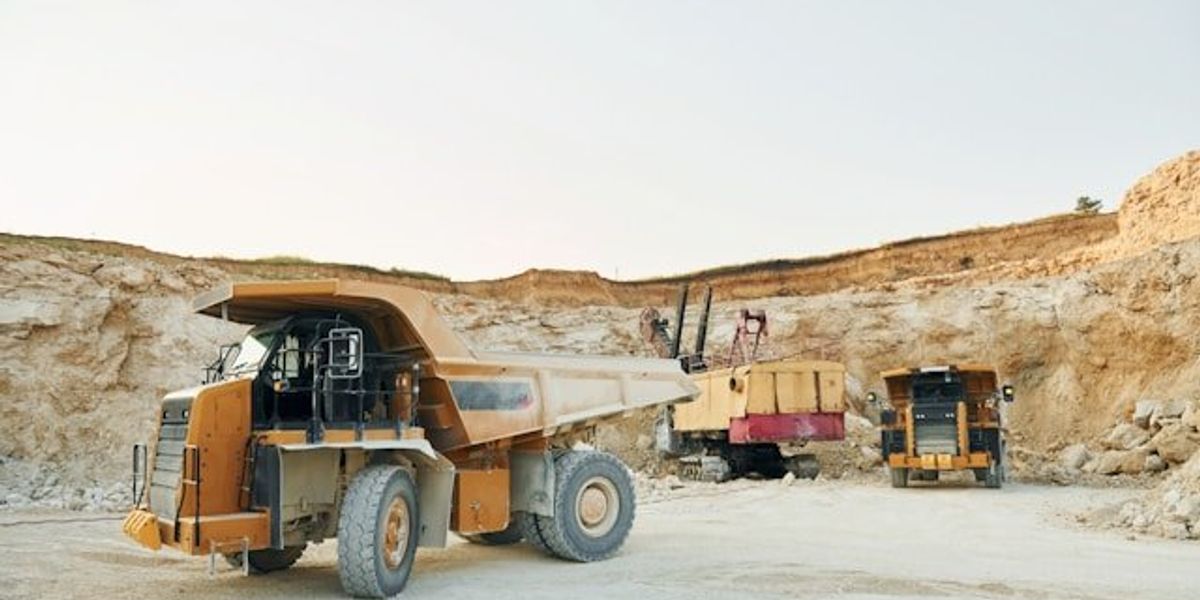denver
Drilling plans near Denver's superfund site spark environmental concerns
A Colorado oil company's plan to drill near the Aurora Reservoir and a Superfund site is causing alarm over potential water contamination risks.
In short:
- Federal and state officials worry that drilling near the Lowry Landfill Superfund Site could release hazardous chemicals into groundwater.
- Civitas, the company behind the proposal, has pledged not to drill directly under the superfund site, aiming to protect the existing containment measures.
- Residents and environmental groups remain concerned about the proximity of the proposed drilling to water sources and the potential for seismic activity induced by fracking.
Key quote:
"The EPA is concerned that hydraulic fracturing surrounding and underneath the site could lead to a significant unintended release of hazardous substances."
— U.S. Environmental Protection Agency
Why this matters:
The process of drilling and oil extraction uses chemicals and generates wastewater that can contaminate local water supplies. If these chemicals seep into groundwater or surface water, they can threaten the health of nearby communities and ecosystems, particularly in regions already struggling with pollution from Superfund sites.
Drilling proposal near Denver's suburbs sparks health concerns
In Aurora, new oil and gas drilling plans near a Superfund site prompt community calls for stricter regulations and impact studies.
In short:
- Civitas Energy revises drilling plans near a Denver Superfund site amid public health worries.
- Arapahoe County responds with tighter oil and gas regulations, emphasizing increased setbacks and environmental health.
- Legal and conservation groups demand comprehensive impact studies on local seismic activity and reservoir safety.
Key quote:
"The county must insist on studies to understand the potential risks associated with fracking-induced seismicity on both the Lowry Landfill Superfund Site — and the Aurora Reservoir Dam."
— Kevin Lynch, associate professor of law, University of Denver Environmental Law Clinic
Why this matters:
Residents living near oil and drilling operations may experience increased risks of respiratory problems, birth defects, and other health problems due to exposure to air and water pollutants. Chemicals used in drilling and hydraulic fracturing (fracking) processes can release volatile organic compounds, benzene, and other harmful substances into the air and water supply.
Be sure to read this piece by Huanjia Zhang: "For many years, communities have been complaining about how oil drilling in their neighborhoods is harmful. Now we have numbers to back that up."
Denver's minority neighborhoods face higher air pollution levels
A recent study highlights the disproportionate impact of air pollution on communities of color in Denver.
In short:
- The study identifies Denver neighborhoods like Globeville, Argo, Elyria-Swansea, and Chaffee Park as the most polluted.
- It reveals a pattern of environmental inequality, with higher pollution levels in areas predominantly inhabited by minorities. Transportation infrastructure, like highways constructed through or near such communities, were among the pollution sources.
- This situation echoes historical redlining practices, now manifested in environmental terms.
Key quote:
“Every city has a story of why people live where they do, and that affects who is affected most by pollution."
— Alex Bradley, chemistry graduate student at the University of Colorado Boulder
Why this matters:
It's not just about air quality; it's about how historical and systemic inequalities continue to impact health outcomes in minority communities. For example, redlining, a discriminatory policy from the 1930s, has led to a disproportionate concentration of oil and gas wells in neighborhoods that were redlined -- making this a climate justice issue.
EPA approval for Denver smog-reduction plan partially tossed by US appeals court
EPA again blocks Colorado air pollution permit for Suncor
The Colorado Sun writer Michael Booth reports that the regional EPA office agrees with Colorado air pollution officials’ demands for changes at Suncor in Commerce City.
In a nutshell:
The EPA's Denver regional office is once again halting the renewal of a state air pollution permit for the Suncor refinery in Commerce City, responding to objections from environmental groups that demand stricter regulation on carbon monoxide dangers and past plant modifications. Suncor has a history of air and water pollution violations, and the EPA's decision demands state officials to address these concerns before issuing a revised permit. Environmental groups such as Earthjustice welcome the scrutiny and believe the state should intensify its efforts to address carbon monoxide dangers.
Key quote:
“Improving air quality for the underserved communities affected by harmful air emissions from the Suncor refinery is a shared priority for EPA and CDPHE,” said EPA Regional Administrator KC Becker.
The big picture:
Refineries like Suncor's have faced increased scrutiny due to concerns about their pollution effects, including the release of hazardous materials into the air and water of nearby communities. Environmental groups and residents have raised valid questions about the impact of these industrial facilities on public health and the environment, emphasizing the need for ongoing monitoring and stricter regulatory measures to address pollution issues effectively.Read more at The Colorado Sun.
Are air quality regulations keeping communities polluted? Meg Wilcox argues that tackling cumulative exposures, rather than one pollutant at a time, is key to correcting environmental injustice, experts say. But progress remains too slow in the most affected neighborhoods.
Does oil and gas production consume too much water?
A multiwell oil and gas project proposed for a drought-ridden Denver suburb would require 4.4 trillion gallons of water — enough to fill 6,679 Olympic-sized swimming pools.



















